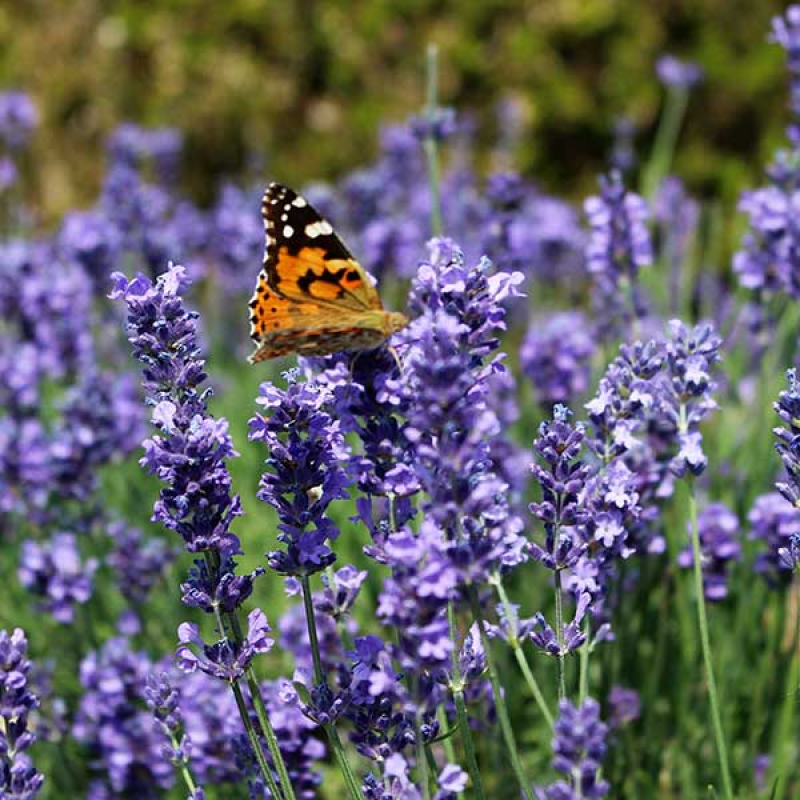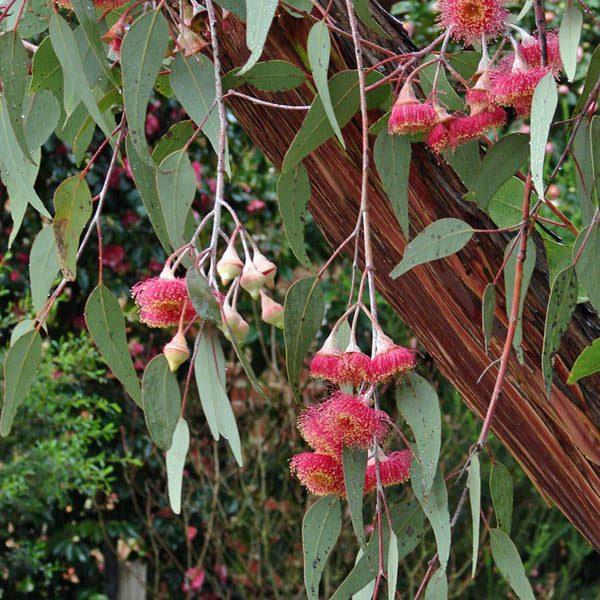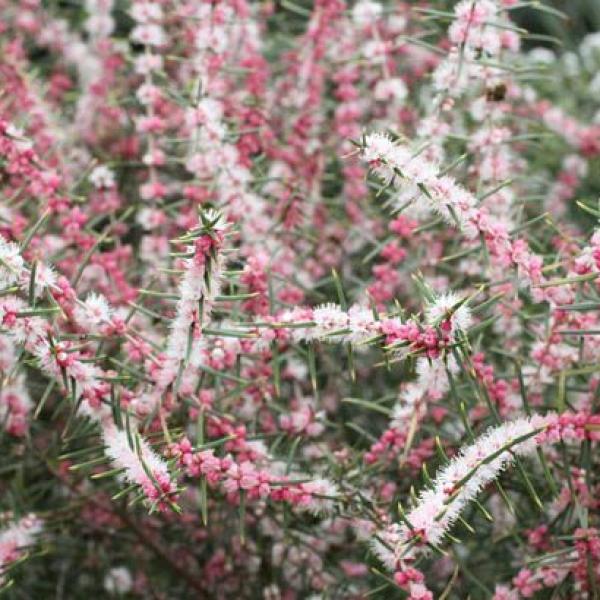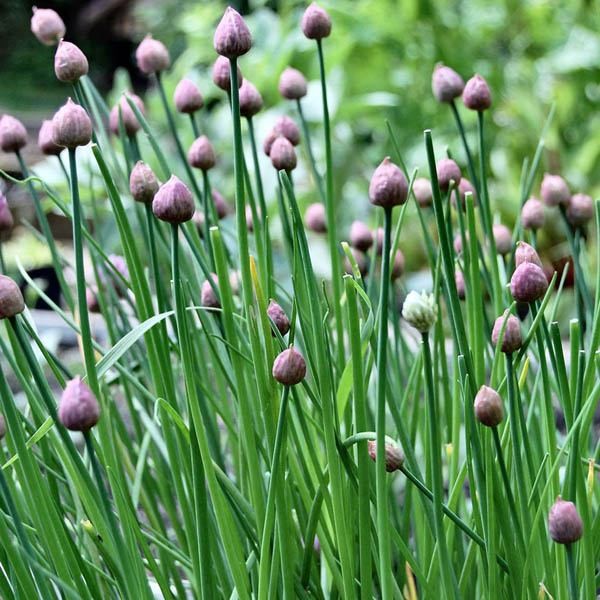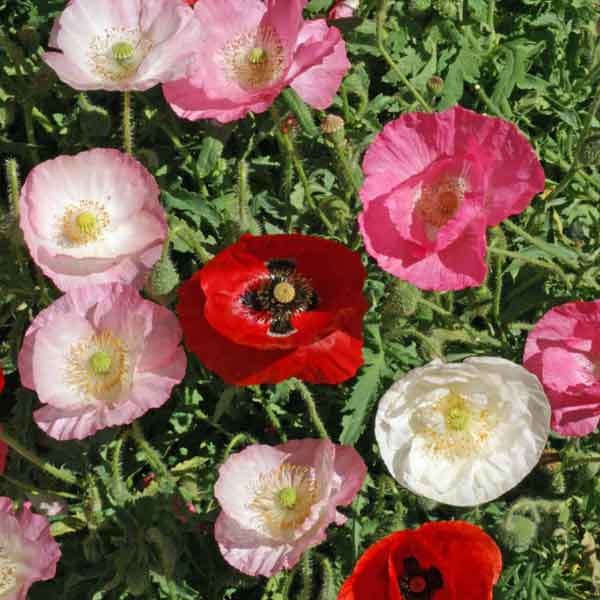We ship Internationally and Australia-wide | Phytosanitary Certificates are available for international orders.
Due to high order volumes, our handling time has been extended to 5-7 business days. We apologise for any inconvenience and appreciate your patience.
A strongly aromatic shrub English lavender is commonly grown as an ornamental plant in many parts of the world. English Lavender is popular for its colourful flowers, its fragrance and its ability to survive with low water consumption.
Lavender-coloured flowers occur as spikes 2-8 cm long on top of slender stems 10-30cm above the foliage.
Lavender can be used in beds & borders and makes a good ground cover if planted in masses.
Attracts butterflies, bees and other beneficial insects. Make a good habitat for nesting birds.
Native to the Western Mediterranean region Lavandula angustifolia has several common names including lavender, true lavender, garden lavender, and common lavender. Contrary to the name English lavender it is not native to England.
The essential oil is said to have a soothing and calming effect, and the dried flowers are used in perfumes, soaps, sachets and as an air freshener in the home and bathrooms.
Culinary uses include tea, soups, vinegar and desserts.
Prefers light to medium well-drained soil in an open sunny position, drought and frost tolerant.
For best results sow in Spring.
Cold stratification is recommended.
Cold treatment may not be critical for germination to occur in colder regions but should give increased germination rates.
This can be replicated by cold stratification in the refrigerator for 30-40 days. Alternatively overwintering in the garden in cold climates will assist germination.
Fill the trays with a quality seed-raising mix.
Sow 2-3 seeds on the surface of each cell and firm down gently, do not bury seeds deeply.
Keep warm and moist but not too wet or dry.
(If using the refrigerator method, place it in the refrigerator)
Germinate in around 14-21 days at a soil temperature of 18-22°C.
Transplant seedlings when large enough to handle.
If you are uncertain about the requirements for importing seeds into your country, do not hesitate to contact our Export Manager at Australian Seed.
Being a registered Export Establishment, we have an officer who can help you obtain Phytosanitary certificates if needed.
It is important to note that the buyer is responsible for clearing the goods through customs and paying all associated charges, including import fees and taxes. Please note that we cannot accept returns due to Australian quarantine restrictions.
You can find the complete International terms and conditions by clicking on this link
At Australian Seed, we take pride in our extensive network of trusted suppliers and collectors who work with us to provide you with an unmatched selection of top-quality products.
Whether you are searching for a specific item or need to make a bulk purchase, our team is here to help. Our dedicated customer service representatives can guide you through our vast inventory and assist you in finding exactly what you need.
We are committed to providing our customers with the highest level of service and support.
Please don't hesitate to contact us at Australian Seed

